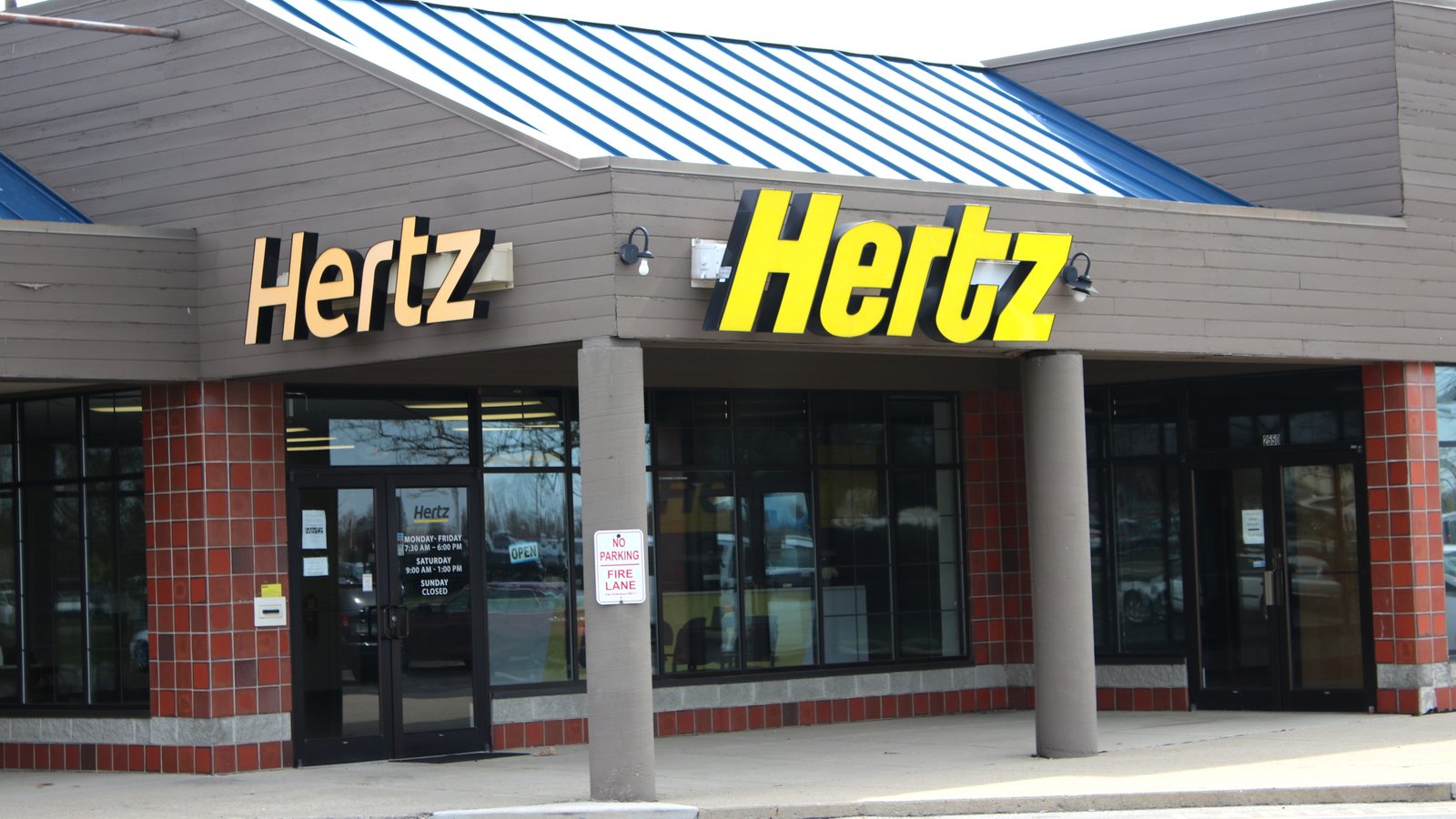Investors in Hertz (NYSE:HTZ) stock should be under no delusions that their equity stake is anything other than worth zero. HTZ stock trades for a bit above a dollar per share ($1.28, as of Sept. 21), and its market capitalization is $206 million.

But, in all likelihood, once its Chapter 11 bankruptcy filing is resolved, there will be nothing left for existing common equity shareholders. This is much different than other recent bankruptcies, like Whiting Petroleum (NYSE:WLL), which provided a small sliver, in this case, 3%, to existing shareholders.
Whiting emerged at the beginning of this month from a six-month bankruptcy. But debtors agreed very quickly at the beginning of that process to give existing shareholders a final stake. That is not likely going to happen here with Hertz.
Hertz’s Bankruptcy
Hertz is in a direr situation. Hertz filed Chapter 11 on May 22 and has been operating under debtor-in-possession rules and court-approved rules since then.
Even just a cursory look at the company’s finances should be able to tell you this. For example, Hertz filed its June quarter 10-Q filing on Aug. 10. This showed that its cash and restricted cash position was $2.3 billion. However, its interest-bearing debt and lease liabilities totaled $14.67 billion.
In fact, total liabilities were $22.4 billion, including $4.9 billion “subject to compromise.” Moreover, this implies that holders of that huge amount of liabilities will deem to give up to HTZ stock owners about 1% of their rightful claims on the company’s meager liquid assets.
To say the least, that is not likely to happen.
And the situation is actually worse than the financial statements imply. For example, in the 10-Q Hertz said on page 16 of the 10-Q that it had only $1.4 billion in cash and unrestricted cash as of June 30. That will only fund the company through December 31. And it also assumes that the company does not need any unforeseen liquidity needs.
According to a related article in Bloomberg on Aug. 10, Hertz has until Sept. 30 to get an extension on certain of its loans. Otherwise, it will have to start making loan payments on its European rental fleet and likely sell off more of its U.S. rental cars.
But it still needs the economy and in particular travel-related industries to turn around. Last quarter the company lost $847 million on a 67% decline in its revenues. Moreover, its EBITDA (earnings before interest, depreciation and amortization) loss was worse than analysts’ forecasts.
What To Do With HTZ Stock
In June Hertz tried to sell $500 million of its stock, even though it was in bankruptcy. It was able to sell $29 million before the SEC decided to question the offering by Jefferies. As a result, Hertz shut down the offering.
That should tell you just about all you need to know about the prospects for Hertz stock right now. There is likely not going to be any value remaining in the stock. If it needs more cash, it will have to borrow more money, which would further wipe out any hopes for existing shareholders. Or it can sell assets, which will lower its cash flow.
Moreover, even debt holders are fighting with each other. On Sept. 14, Reuters reported that a group of junior credit holders filed a lawsuit against the company. They want to prevent senior credit holders from getting hold of the company’s remaining $887 million in cash.
It stands to reason that the prudent investor will take this as a sign that the equity is now worthless. The best course, if you inclined to invest in distressed assets, is to watch developments right now.
The best route would be to wait until there is an agreement between creditors. Wait to see who will receive equity in the revised company. At that point you can assess the prospects for the company, its finances and the forecast for the travel-related industries in which it operates.
On the date of publication, Mark R. Hake did not have (either directly or indirectly) any positions in any of the securities mentioned in this article.
Mark Hake runs the Total Yield Value Guide which you can review here.
